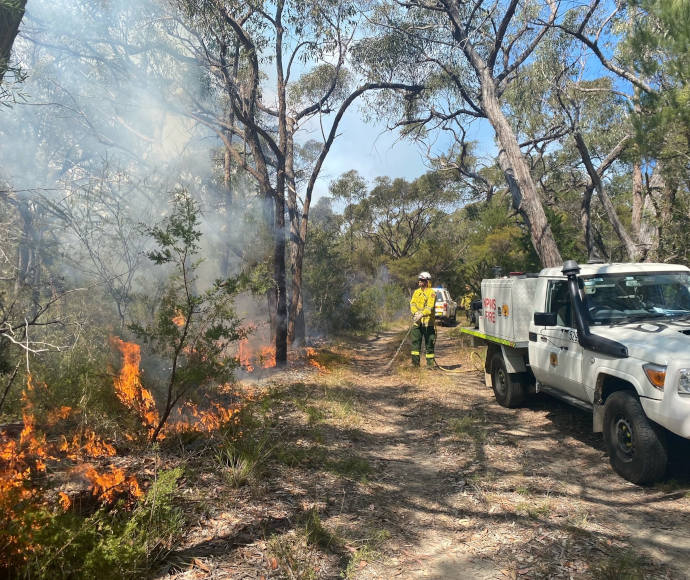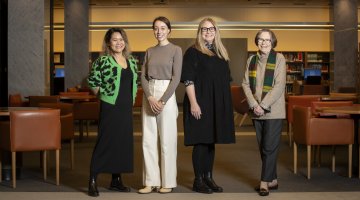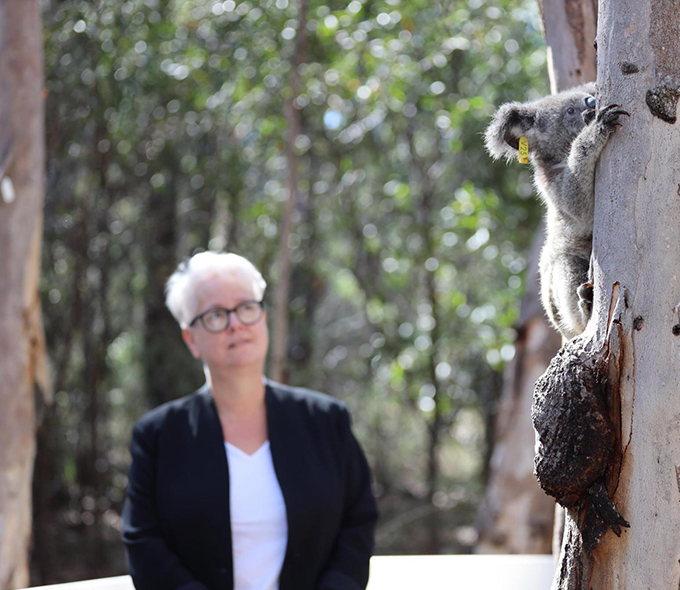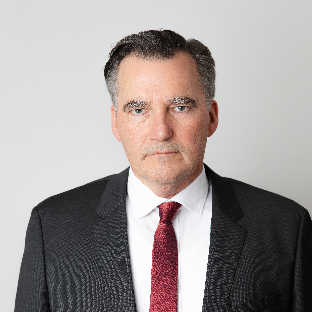UN experts* today called for the urgent repatriation of children from Northeast Syria as they enter their fifth year of detention, saying children in conflict zones must be protected, not punished. They issued the following statement:
“Many children are now entering their fifth year of detention in North-East Syria, since they were detained by the de facto authorities following the fall of Baghouz in early 2019. It is now time to bring them home.
The two largest locked camps for women, girls and young boys, Al-Hol and Roj, still hold approximately 56,000 individuals, including 37,000 foreign nationals. Over half of the population in the camps are children, of which 80 percent under the age of 12 and 30 percent under the age of five. There are also over 850 boys deprived of liberty in prisons and other detention centres, including rehabilitation centres, throughout North-East Syria.
The mass detention of children in North-East Syria for what their parents may have done is an egregious violation of the Convention on the Rights of the Child, which prohibits all forms of discrimination and punishment of a child based on the status, activities, expressed opinions, or beliefs of their parents.
These children are detained without any legal basis, judicial authorisation, review, control, or oversight, in violation of the Convention on the Rights of the child, which affirms no child shall be deprived of liberty unlawfully or arbitrarily.
Most children have known nothing but conflict and closed camps, where the life conditions amount to cruel, inhuman, or degrading treatment and pose an imminent risk to their lives, physical and mental integrity, and development. These squalid camps are no place for children to live with dignity. They lack access to the most basic needs such as medical treatment and health services, food, water, and education.
The security situation is constantly deteriorating. In the last few months, four children, including three young girls, were murdered in the camp, with absolute impunity. With regard to prisons, 100 boys are still missing following the attack on the prison in Al-Hassakah in January 2022. Many of the imprisoned boys have tuberculosis, are undernourished, and have untreated wounds. Many boys are violently taken away from the camps and placed in detention and “rehabilitation” centres upon reaching the age of twelve, often in the middle of the night and at gunpoint. These forms of further inhuman treatment against boys are based on gender stereotypes and have dramatic and lasting consequences. All these children are at extreme risk of sexual and gender-based violence, trafficking, and enslavement. Children with disabilities are particularly vulnerable to violence and harm.
All children in this conflict zone deserve to be protected, not punished. These children are victims of terrorism and of very serious violations of international human rights and humanitarian law, and must be treated with dignity in all contexts, whether armed conflict or terrorism. Safe return to their home countries, in accordance with the Convention on the Rights of the Child is the only solution and must be prioritised.
We call on all actors to ensure the immediate safety and protection of all children, regardless of their location in north-eastern Syria. States of nationality have an obligation to protect vulnerable children from abuse and possible violations of their right to life, as recognised by the Committee on the Rights of the Child. They must intervene urgently to prevent them from suffering further harm. Their best interests as extremely vulnerable children must be reinstated as a guiding principle together with their primary status as victims of terrorism and as children in need of special protection under international law.
States must urgently repatriate children, together with their mothers – a solution that we now know is eminently feasible. We note that it is of the utmost importance that comprehensive rehabilitation programmes are in place when children are repatriated.”








